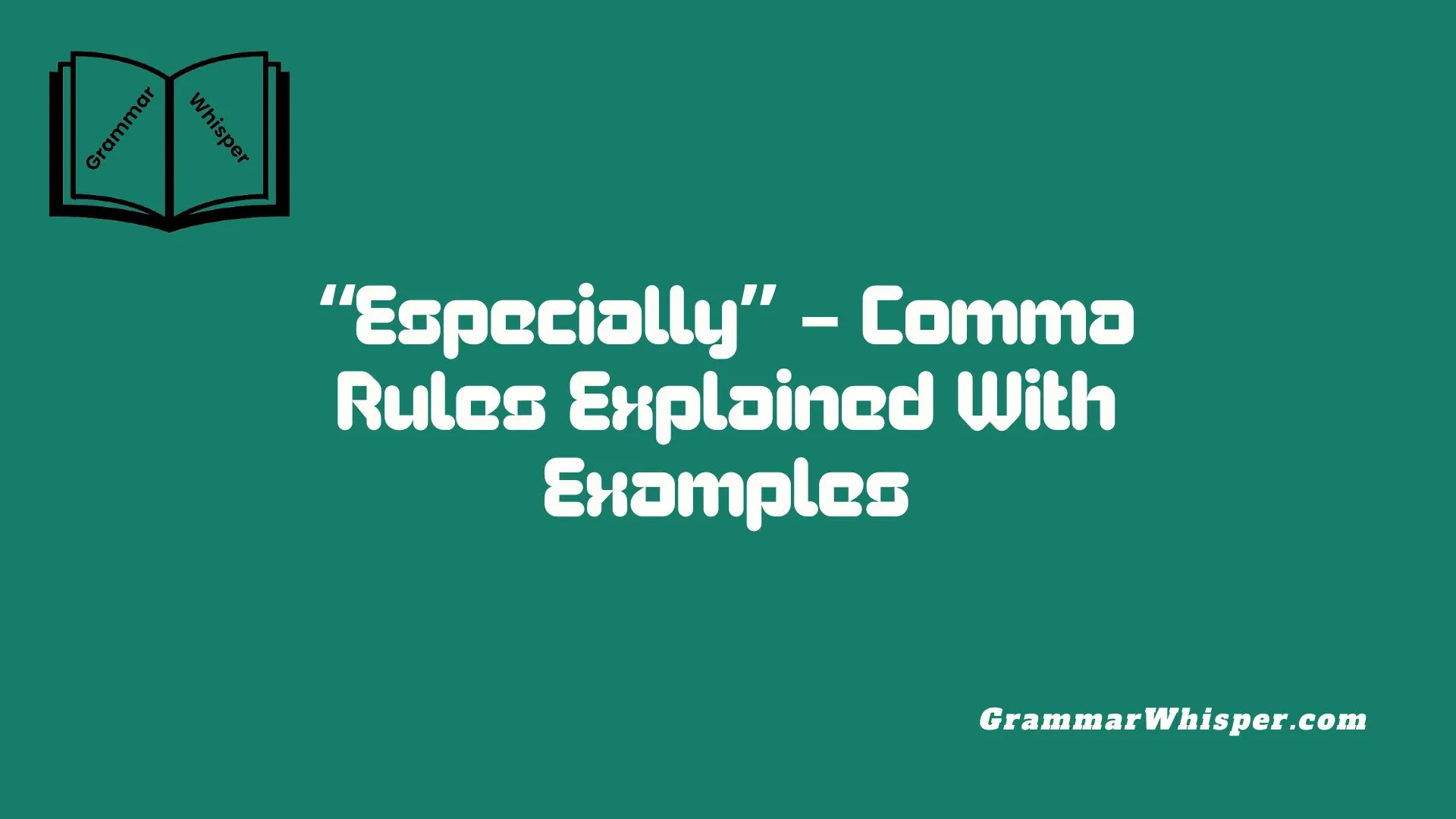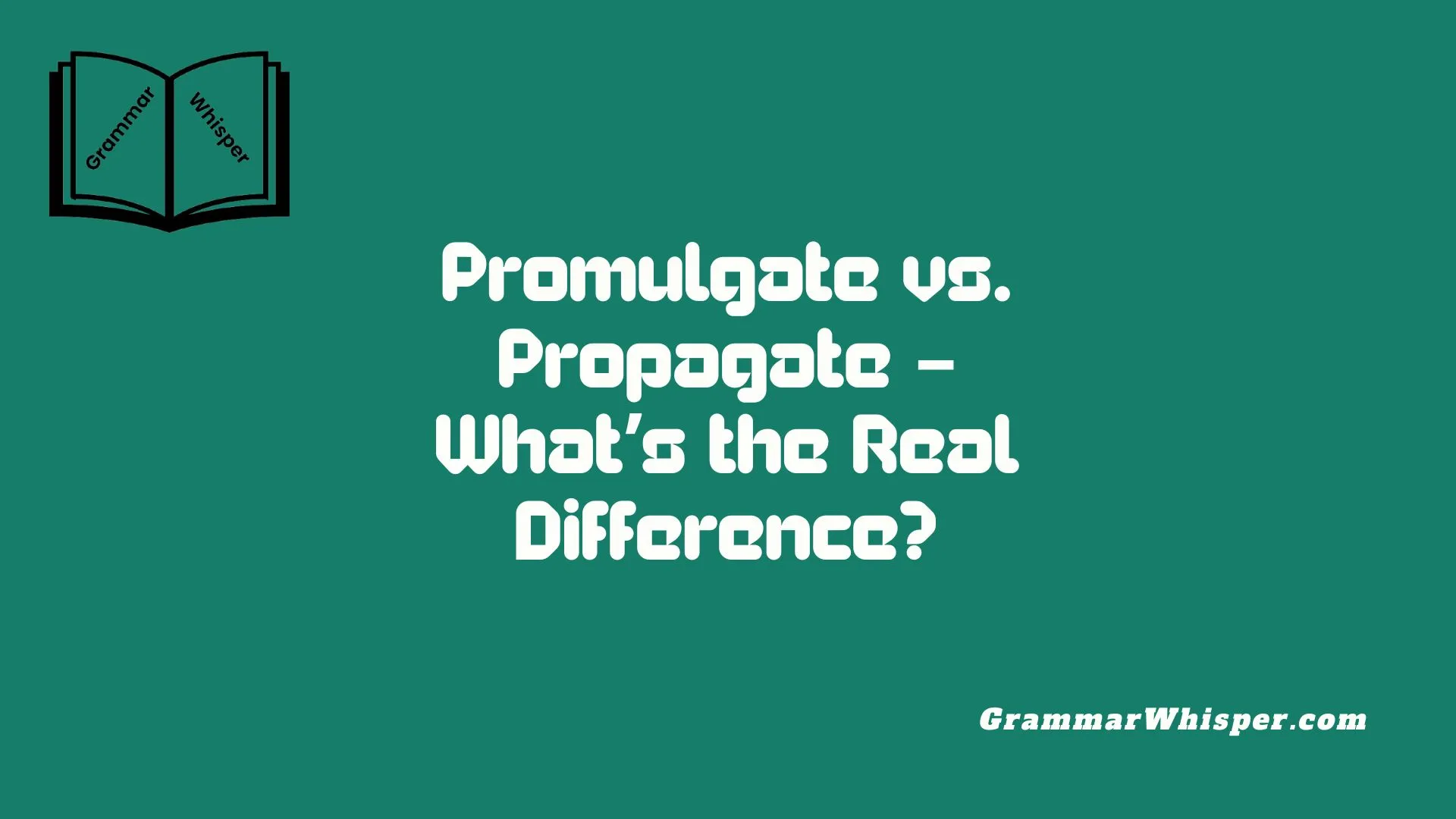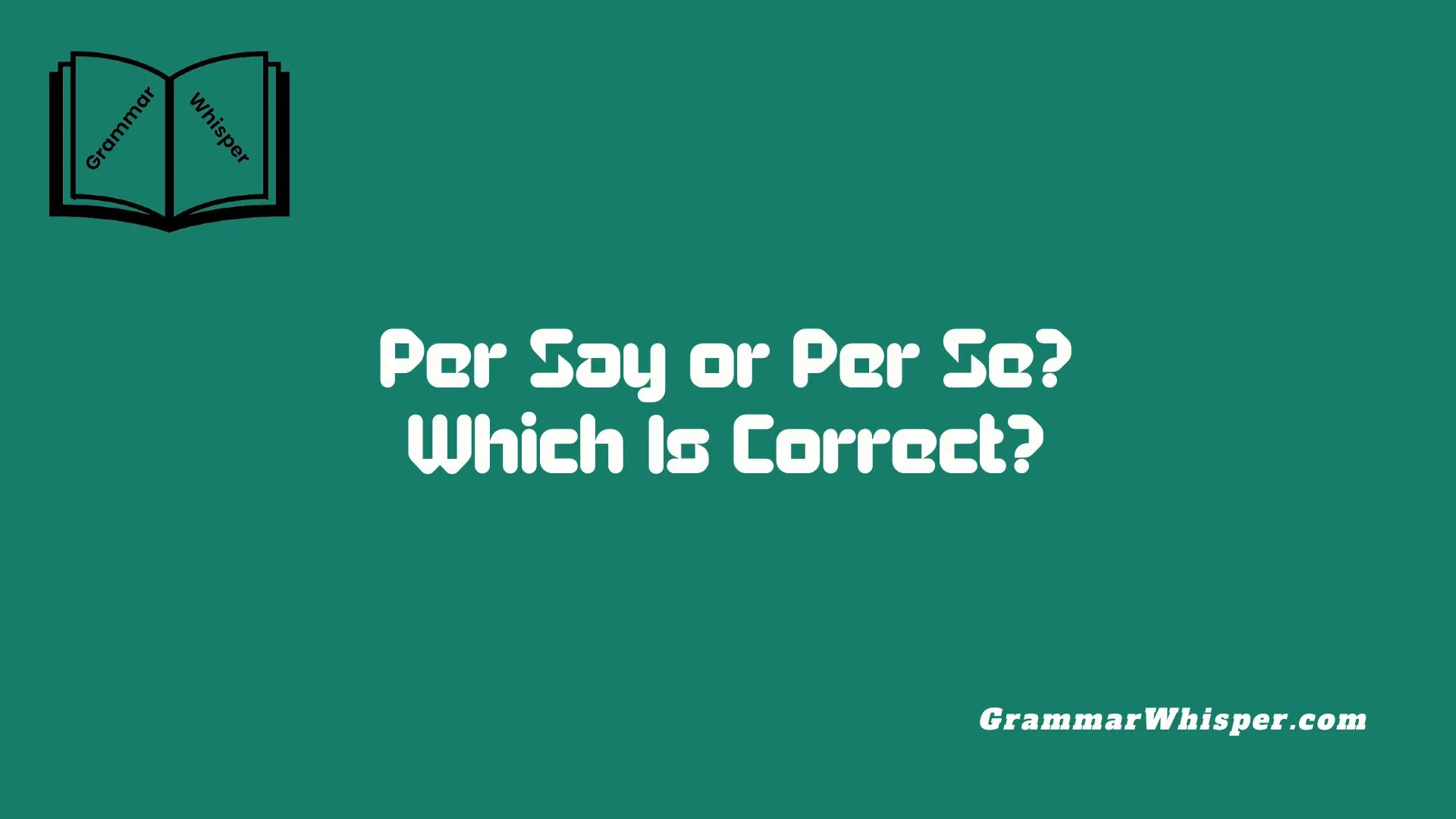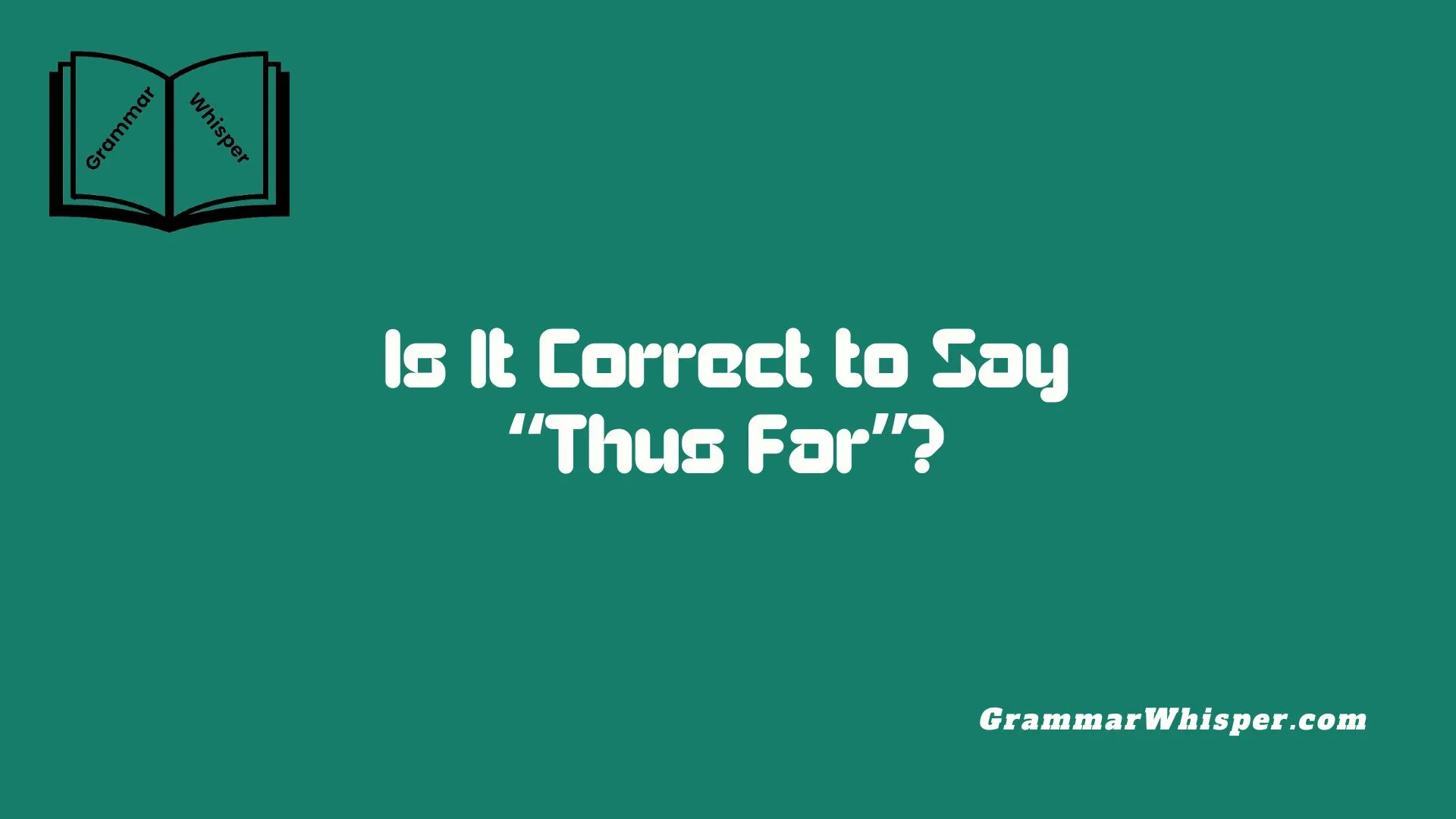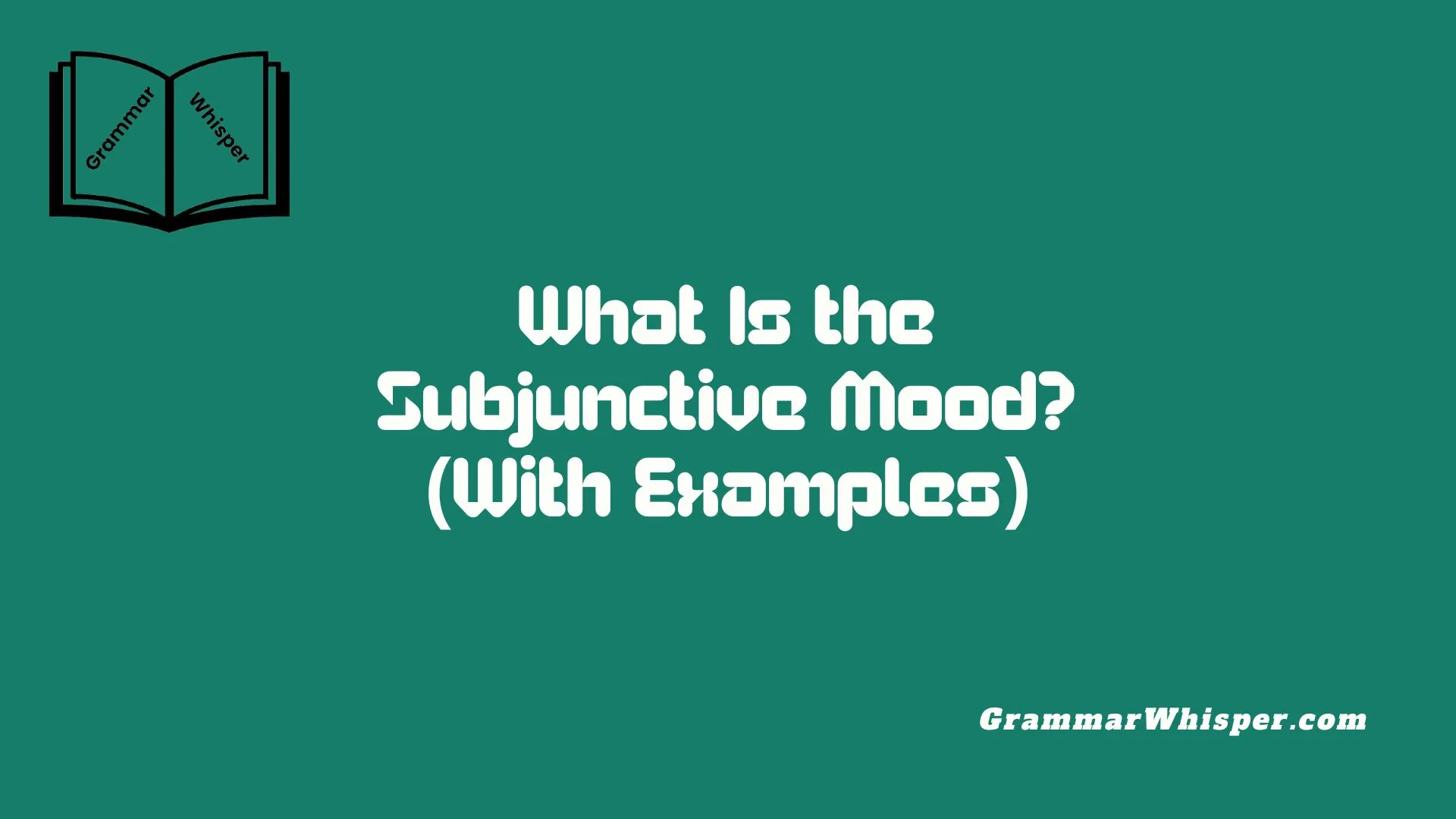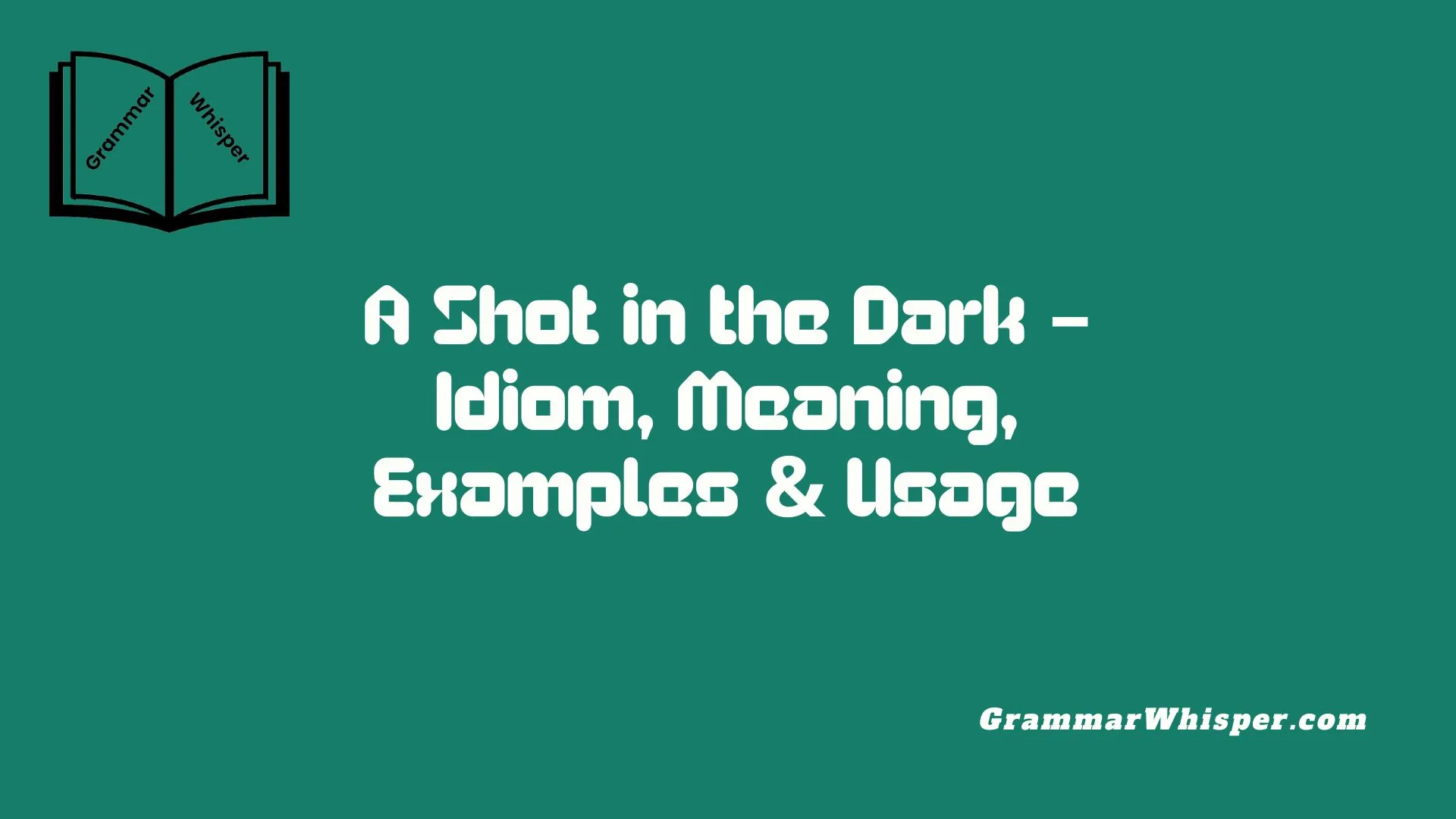“Especially” – Comma Rules Explained (With Examples)
As a writer, I used to wonder a lot about placing a comma correctly before the word “especially.” It appeared so harmless, like a small add-on, but over time, I realized even minor commas could shift the tone and meaning of a sentence. Consider this line: “I like fruits, especially mangoes.” That one comma changes … Read more
